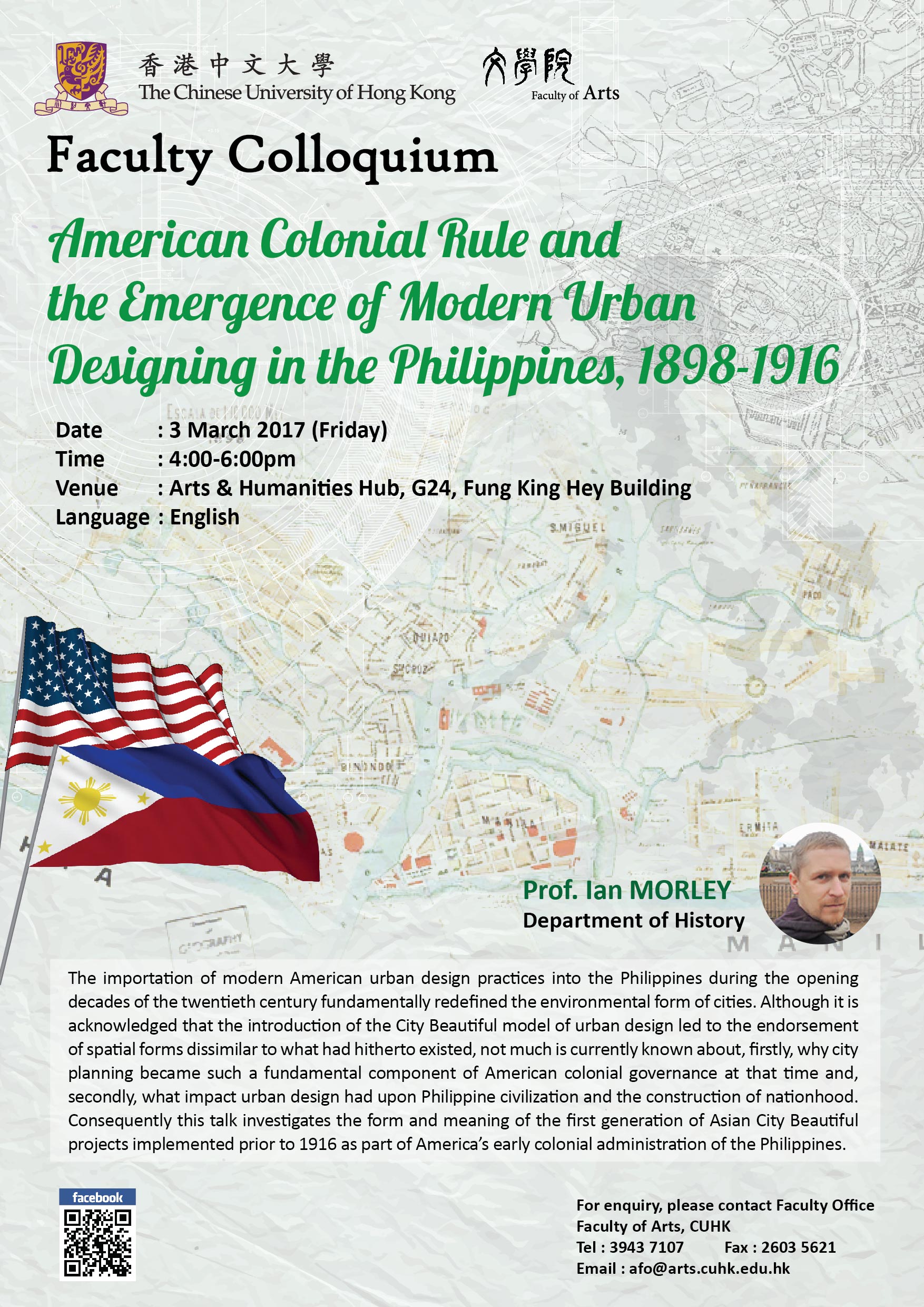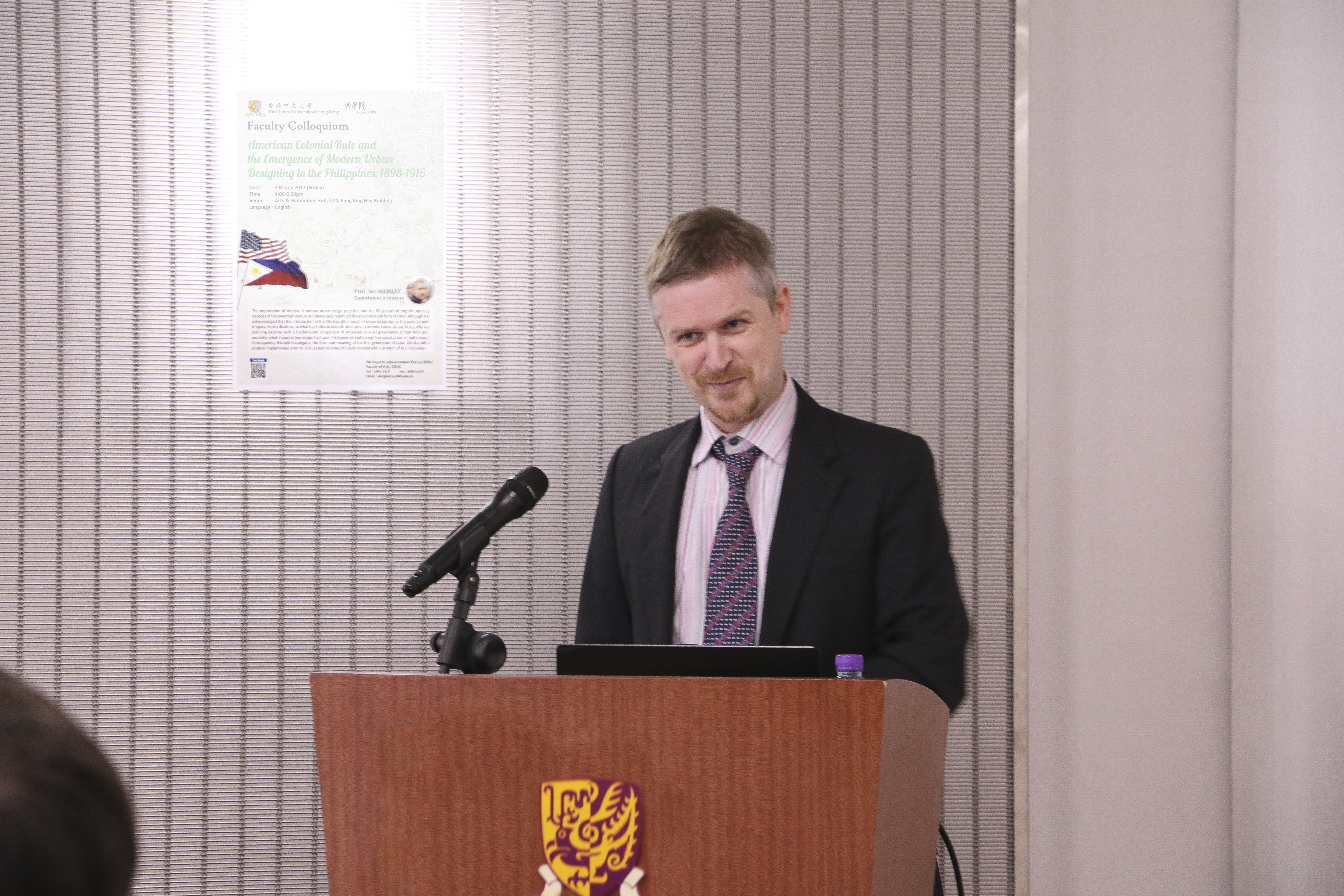Virginia Woolf and the Ethics of Work

| Date: | 21 Apr 2017 (Fri) |
| Time: | 4:00pm |
| Venue: | G24, Arts and Humanities Hub, Fung King Hey Building, CUHK |
| Language: | English |
| Abstract: |
This talk explores a variety of representations of work in Virginia Woolf’s oeuvre to arrive at what we can call her ethics of work. It addresses a range of questions in relation to work highlighted by Woolf’s writing, including: what is the value of leisure as a counterpoint to work? How do we attain it, and at what cost? How do Woolf’s aesthetics of digression and interruption support her vision for alternative forms of work? Why was the idea of sincerity so important for her, and how does the moral concept of sincerity allow us to mind the gap between the public and the private self in work? Woolf’s ethics of work, I show, help us reflect on how and why we work today, and add to current debates, especially in the face of the rise of new types of technology, on how to shape work for the future.
|
American Colonial Rule and the Emergence of Modern Urban Designing in the Philippines, 1898-1916

| Date: | 3 Mar 2017 (Fri) |
| Time: | 4:00pm |
| Venue: | G24, Arts and Humanities Hub, Fung King Hey Building, CUHK |
| Language: | English |
| Abstract: |
In this talk, Professor Ian Morley looks to introduce the importation of modern American urban design practices into the Philippines during the opening decades of the twentieth century fundamentally redefined the environmental form of cities. Although it is acknowledged that the introduction of the City Beautiful model of urban design led to the endorsement of spatial forms dissimilar to what had hitherto existed, not much is currently known about, firstly, why city planning became such a fundamental component of American colonial governance at that time and, secondly, what impact urban design had upon Philippine civilization and the construction of nationhood. Consequently this talk investigates the form and meaning of the first generation of Asian City Beautiful projects implemented prior to 1916 as part of America’s early colonial administration of the Philippines.
|











